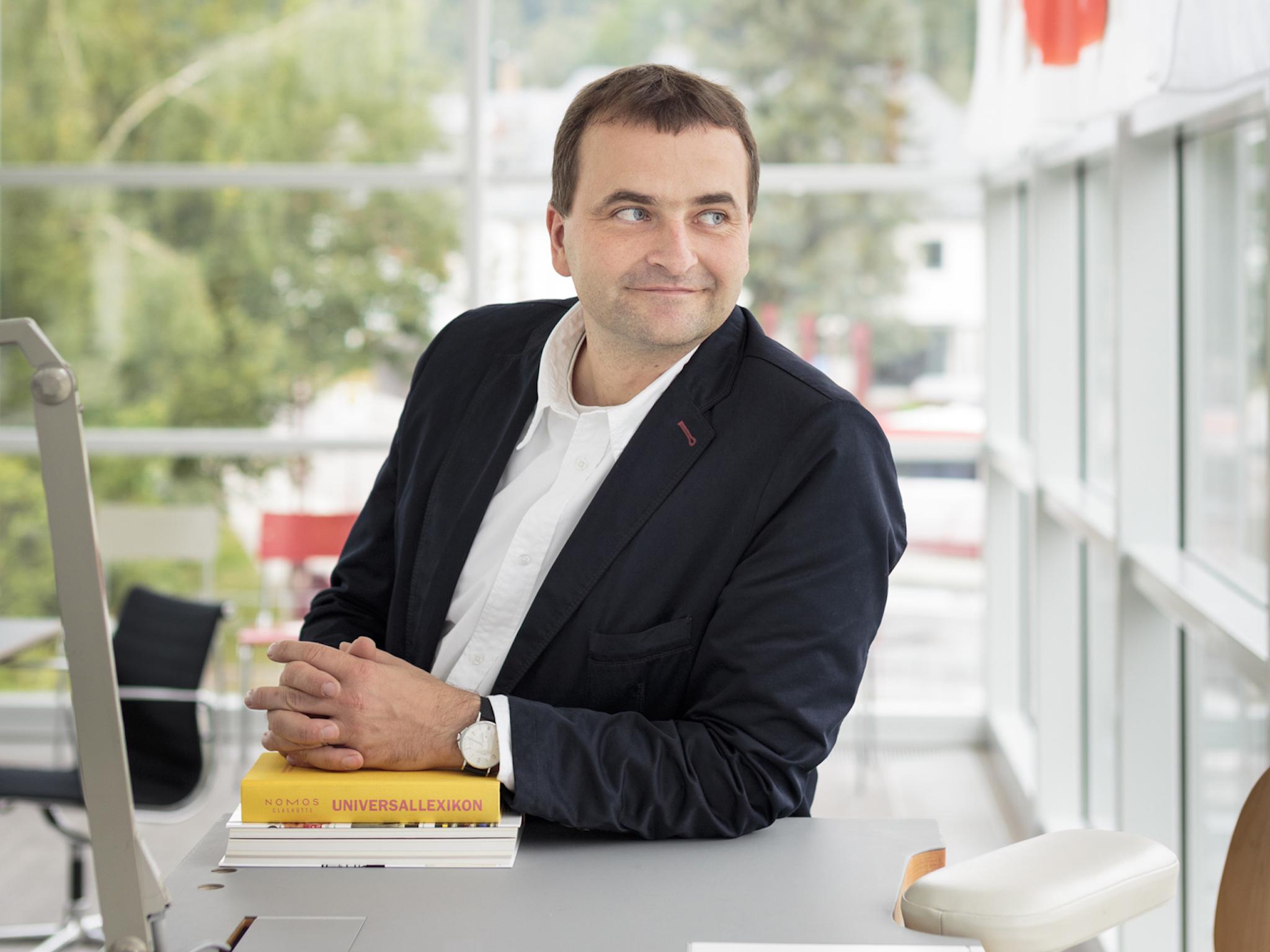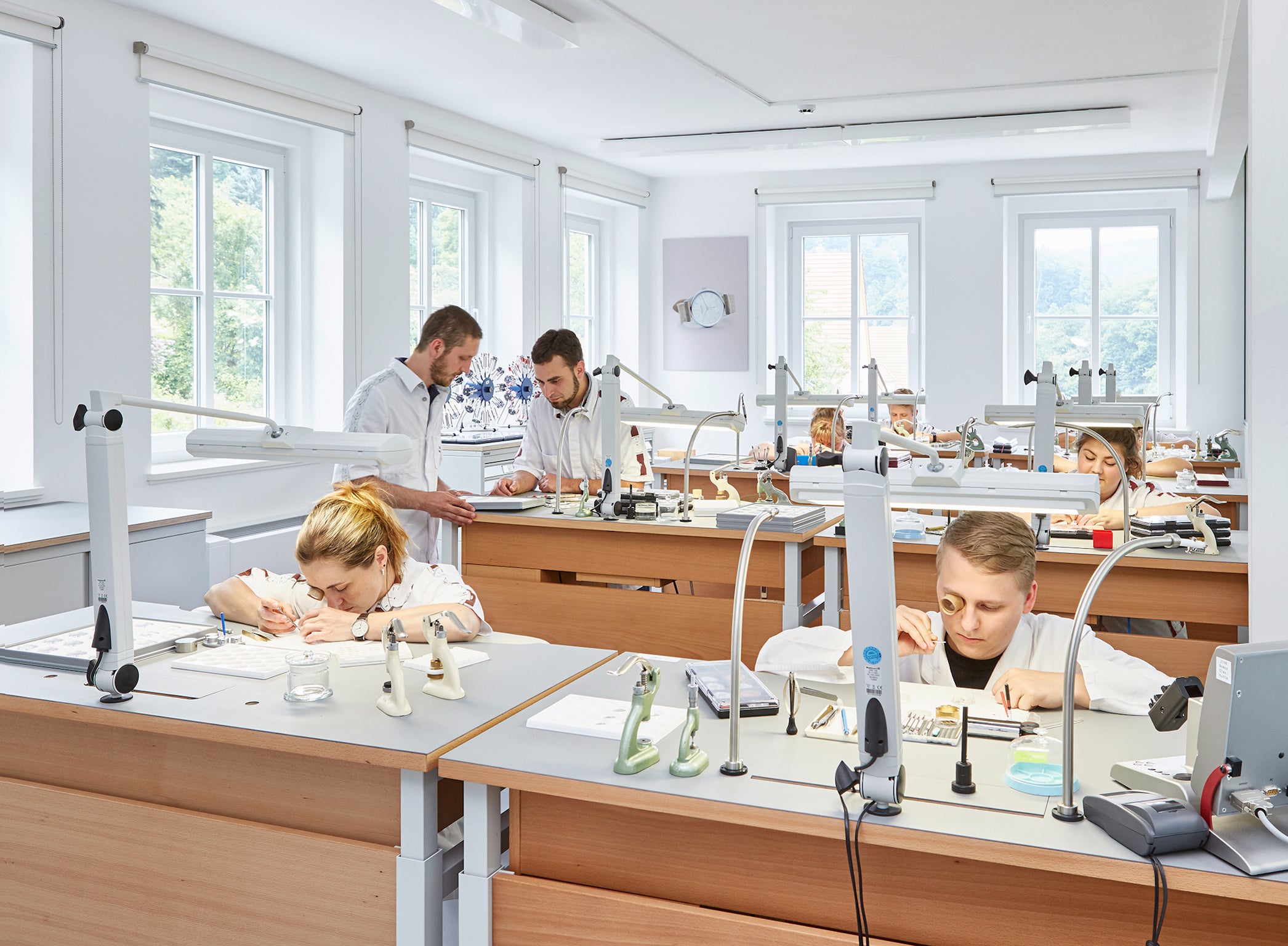How East German businesses are battling racism and the far right
German businesses have good reason to welcome migrants to the workforce: the country will be short of 3 million skilled workers by 2020

Your support helps us to tell the story
From reproductive rights to climate change to Big Tech, The Independent is on the ground when the story is developing. Whether it's investigating the financials of Elon Musk's pro-Trump PAC or producing our latest documentary, 'The A Word', which shines a light on the American women fighting for reproductive rights, we know how important it is to parse out the facts from the messaging.
At such a critical moment in US history, we need reporters on the ground. Your donation allows us to keep sending journalists to speak to both sides of the story.
The Independent is trusted by Americans across the entire political spectrum. And unlike many other quality news outlets, we choose not to lock Americans out of our reporting and analysis with paywalls. We believe quality journalism should be available to everyone, paid for by those who can afford it.
Your support makes all the difference.Perhaps it’s not so strange that Nomos, a watch factory in the tiny East German town of Glashütte, should be at the forefront of businesses fighting back against the far right.
Glashütte, known as mini-Switzerland for its thriving watchmaking industry, took its current shape after the collapse of the Soviet Union and the reunification of Germany. Nomos was established in Glashütte in 1990 by Roland Schwertner, a fashion photographer and computer scientist from West Germany, and now employs 300 people from 20 nations.
“Glashütte as we know it today would simply not have been possible without the reunification of Germany, and without the freedom and democracy that brought,” says Uwe Ahrendt, chief executive. “Furthermore, we have employees that need our protection; those that the far right would claim 'don’t belong here'. But we know that they do.”
Ahrendt became the chief executive of Nomos in 2000. The company was shocked to discover that in the 2017 federal elections, over a third of Glashütte residents had voted for the far right Alternative for Germany (AfD) party.
Since spring 2018, Nomos has worked with Open Saxony, a Government-funded programme, to provide free workshops and training to its employees where they check the accuracy of right-wing views and provide emotional support to staff. Ahrendt says: “We realised that we need to position ourselves clearly and publicly in support of our democratic political system.”

German businesses have another good reason embrace diversity: the country will be short of 3 million workers by 2020, according to a 2017 report by Prognos, an economic research institute, worsening to a shortage of 3.3 million by 2040 as the native population ages.
Skilled migrants are being seen as a way to plug the gaps. A new immigration law, introduced on October 2, aims to attract more workers from countries outside the EU. Steffen Kampeter, chief executive of the Confederation of German Employers' Associations has said Germany’s international competitiveness depends upon “qualified workers from abroad”.
The state is funding efforts to improve diversity in German businesses who may not have considered hiring migrants in the past. At a recent meeting organised by Netzwerk Courage, a network that promotes democracy, business leaders, trade union representatives and groups working with migrants came together to discuss how they can improve diversity in East German businesses.
Petra Köpping, the minister for integration in Saxony, said that for years, East Germany has not worked towards making the workforce more diverse. Over time, it has fallen behind. Now it needs to work even harder to catch up. Petra Köpping herself employs 45 staff – 18 of which come from overseas.
Marlis Straessner-Lacroix is from the organisation Willkommon in Lobtau, which has been helping asylum seekers in the Lobtau district of Dresden since 2014. She said that in many cases, businesses show a lack of interest in employing migrants, even when approached by organisations who have the resources to help.
Some companies may not even realise they have a problem, according to Johannes Weidl from the RKW Competence Center. His organisation has published a set of guidelines for companies to confront their own biases when recruiting. He says some companies are now thinking more about who they are inviting to interviews. “We try to give input to do things better,” he said. “The argument to do things better is that there are more [skilled] people [out there] than you have been looking for.”

Glashütte is not your average East German town. It exports tens of thousands of luxury watches every year from 10 high-end watchmakers, some of which sell timepieces for millions of pounds. The industry started in the mid-1800s, when Ferdinand Adolph Lange enlisted financial support from local nobility to start manufacturing watches as means to employ impoverished local people.
Like all East Germany industries, Glashütte's watch factories were taken over by the Soviet-supported East German state after the Second World War. When this regime collapsed, many workers fled to the West. Whole towns were hollowed out. Glashütte was revived in part by incomers like Walter Lange, the great-grandson of Ferdinand, who returned from the West to revive old brands alongside new ones, like Nomos.
Many other East German towns never experienced the same renaissance. Even today, East Germans are still paid less than West Germans and work longer hours. The average annual gross wage in the former East German states is €30,172, almost €5,000 less than in states in the former West Germany, according to official data provided to the socialist Left party.
For some, a sense of injustice has hardened into a fear of the outsider since Chancellor Angela Merkel welcomed migrants to Germany in 2015. Ahrendt says far-right riots in the nearby town of Chemnitz in August have made the company’s efforts to promote democracy seem even more essential: “We wanted to set a precedent, because an intolerant, racist atmosphere will not be permitted at Nomos Glashütte.”
Some businesses and organisations have reported that since the AfD has gained more support in elections, the number of applicants from overseas has decreased. Dr Michael Genkin, the leader of a visitors programme that welcomes international scientists to the Max Planck research institute in Dresden, says that after 2015, Saxony became less attractive for workers of all kinds. “We indeed had the impression of a decreasing number of applicants at our institute around the time of those political developments in Saxony, and in Dresden specifically,” he says, noting that the number of applicants was too small to draw a statistical conclusion.
Ahrendt says events in Chemnitz and elsewhere have shown the world a darker side to German politics that it is up to responsible businesses to counter.
“My company is concerned about this image,” he says. “We want to show that there is a brighter side to Germany, especially in Saxony. When you are close by, Chemnitz is just a little place in Germany but when you are far away, it represents all of Germany.”
The workshops at Nomos are booked out until the end of the year. “That is great news, especially since they are voluntary and take place within work hours,” Ahrendt says. “From our point of view, everyone should work to protect freedom and democracy—and perhaps even more so in Saxony, since it was something that we fought for in 1989.”
Join our commenting forum
Join thought-provoking conversations, follow other Independent readers and see their replies
Comments